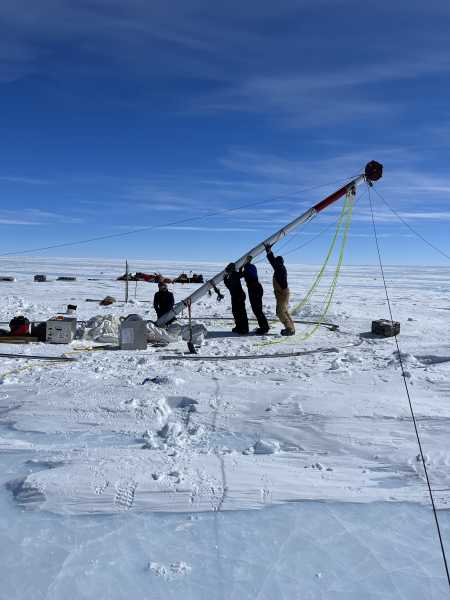
More than 1,000 NOAA employees have lost their jobs since the DOGE cuts began. (Photo credit: Tom Williams/CQ-Roll Call, Inc via Getty Images)
The first 10 weeks of the Trump administration have sent shockwaves through the scientific community. Many expected the second Trump administration to continue the course of the first. But I certainly did not expect such a massive assault on the American scientific enterprise itself.
Elon Musk became the head of the Department of Government Effectiveness (DOGE) under Trump. The department’s decisions do not seem to be based on any strategy. As the US Comptroller General noted, “changes are needed, but they need to be done in a more systematic and thoughtful way…” Without careful planning, “more risks can be created.”

Andrew Rosenberg is an oceanographer, environmentalist, and science policy expert.
There is no sign of a systematic review under Musk's leadership; there are no clearly articulated goals other than reducing the federal workforce to minimize budget costs.
Recently, many federal scientists have lost their jobs, despite years of training and experience, without warning or explanation. Young researchers have been particularly hard hit. Their stories are very sympathetic. I don’t see how we can save money or increase efficiency: the absence of scientific activity does not lead to increased efficiency.
One area where these unnecessary cuts could have serious consequences is my own field of research. I have worked in fisheries and marine science for many years, including at NOAA’s National Marine Fisheries Service, which operates six science centers to support marine resource policy. Over the past two and a half decades, this research has informed policy decisions that have helped reverse significant losses caused by overfishing.
But then the era of destruction began.
While cuts at NOAA's National Weather Service have received most of the attention, cuts at NOAA's Fisheries Department have also been significant, with many workers laid off from its 4,200-strong workforce.
Sourse: www.livescience.com





